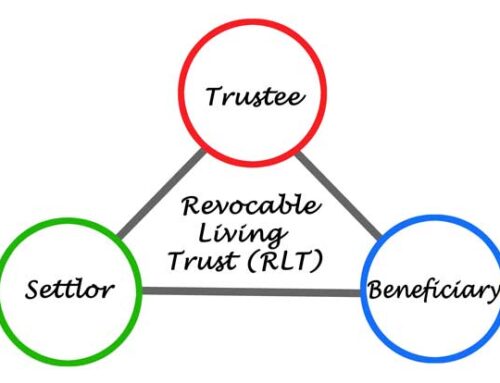Scenario: Your father was smart enough to have a trust drafted. As a result, his property can pass to you and his other beneficiaries without the lengthy and costly process of going to probate court. Now what?
When your father had a trust drafted, he became both the Trustor (trust creator) and the Trustee (the person in charge of the trust). When he passed away, your father named a Successor Trustee (the next person in charge of the trust) to administer the trust. But, what are the duties of a Successor Trustee?
The answer: Many. The Successor Trustee has a fiduciary relationship with the beneficiaries, which means the Successor Trustee has a duty to act in the best interest of the named beneficiaries. This general duty owed to beneficiaries has various components.
For example:
- Duty to Disclose: A Successor Trustee has a duty to let trust beneficiaries know when a trust becomes irrevocable (upon the Trustor’s passing). A Successor Trustee must disclose a complete copy of the terms of the trust to a trust beneficiary if requested.
- Duty of Care: A Successor Trustee has a duty to follow what the Trustor stated regarding distributions of income or principal. A Successor Trustee also has a duty not to commingle trust funds with personal funds.
- Duty of Loyalty: A Successor Trustee must be unselfish and undivided in his/her loyalty to trust beneficiaries. A Successor Trustee must avoid self-dealing by not deriving a personal gain in any way from his/her administration of the trust. For example, a Successor Trustee should not sell a piece of real property to himself/herself at a discount solely for the benefit of the Successor Trustee.
Bottom Line: Being a Successor Trustee should not be taken lightly. If you become a Successor Trustee, you should consult an attorney to ensure you are compliant with California law as a fiduciary. For more information, please contact The Law Offices of Tony J. Tyre, Esq., APC at 5703 Temple City Boulevard, 626-858-9378, or ttyre@tyrelawgroup.com.






